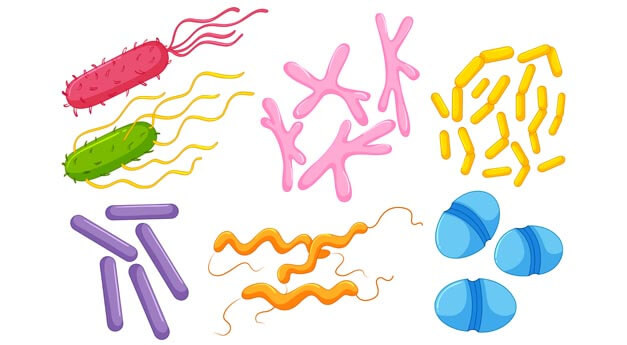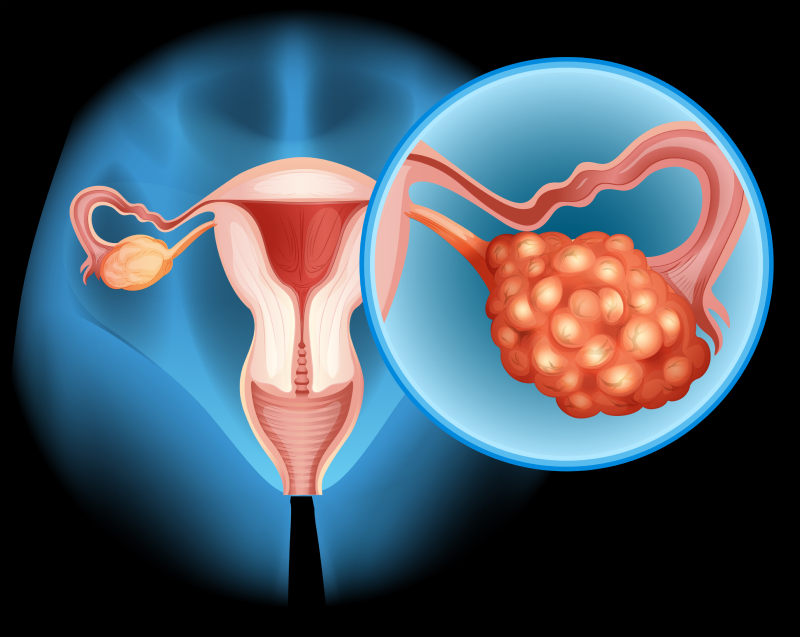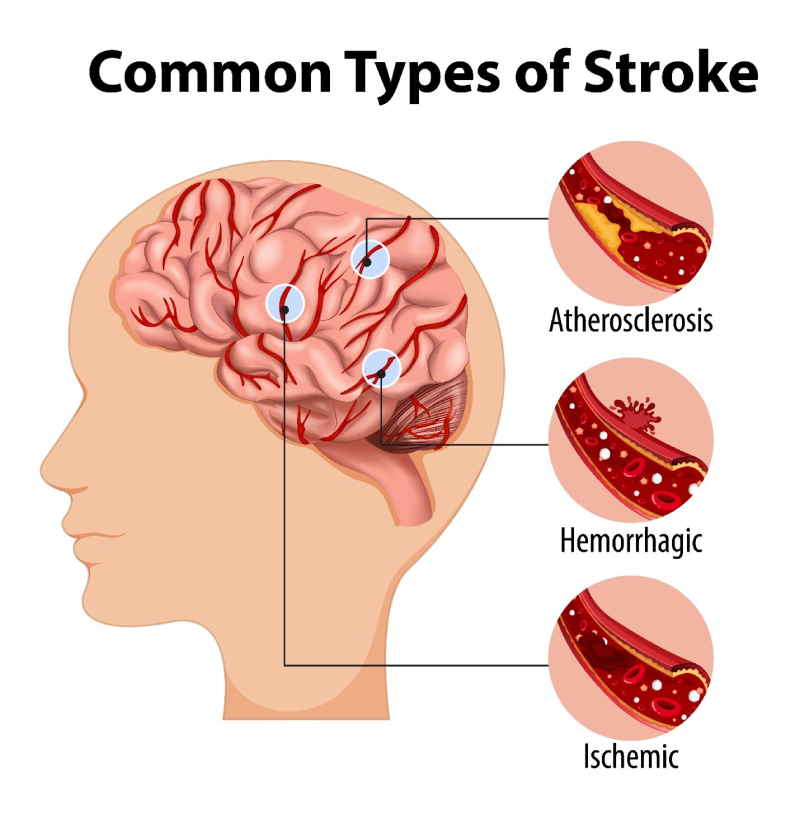Gut Bacteria, Heart Disease and Kidney Disease – What is the Connection?

Livefit4ever,
Medically Reviewed by Dr. Nagarjuna Yarlagadda,
October 10, 2020

Gut Bacteria and Heart Disease | Gut bacteria and heart health
Gut bacteria, heart problems, and Kidney Disease – What is the Connection? Bacteria are both helpful and harmful. There are plenty of helpful bacteria in our body. The majority of them are found in our gut. The good bacteria in the gut help in the digestion and absorption of some nutrients in the body. They are involved in keeping our bodies healthy (both physically and mentally). The bad ones cause diseases. In this post, we will try to understand gut bacteria and heart disease.
Gut Microbiome
Bacteria that are present in the gut are normal microbial flora of the human body. They are mostly confined to the digestive tract and help in the breakdown of food
and turning macronutrients into substances that can be easily absorbed and assimilated by the body. The quality of food, supply of food, the surroundings in which you live and several other factors affect the growth of gut microbes.
Fighting the Good Fight
In the gut, there are basically two types of bacteria – good bacteria and the bad ones: the ones that cause disturbances in the gut. The good thing about good bacteria is that they keep bad bacteria or pathogenic bacteria in check by never allowing them to overgrow and overpower the good bacteria. In general, good bacteria multiply aggressively by not providing food and space for the unhealthy ones to grow and flourish. In this way, the good bacteria help in maintaining equilibrium in the gut.
Unhealthy Balance
Good bacteria as usual take care of the gut’s health, but sometimes the bad bacteria gain the ground and start multiplying aggressively and progressively – thus overpowering the good ones. In this way, the bad ones grow excessively and their numbers increase manifolds. Too much of a certain kind of bad gut bacteria may cause ulcerative colitis, Crohn’s disease, and IBS (Irritable Bowel Syndrome). The unhealthy balance of gut bacteria has become a tough challenge for researchers across the globe who are relentlessly working hard to find ways and novel treatment methods that can specifically target bad bacteria of the gut.
Gut Bacteria and Your Heart
According to some research studies, there may be a possible link between gut bacteria, non-vegetarian diet, and heart disease.
Gut bacteria cause heart disease
Gut bacteria make a chemical that is converted into trimethylamine-N-oxide (TMAO) by the liver – this chemical may be responsible for the build-up of cholesterol in the lining of the blood vessels.
Gut bacteria heart problems: Those who eat red meat and eggs are at an increased risk of plaque formation in the blood vessels due to the activity of certain gut bacteria. Thus, gut bacteria cause heart disease.
Probiotics and heart health
Probiotics (commercially available concentrated form of gut bacteria) help prevent heart disease.
According to a robust study conducted by Cleveland Clinic and published in the journal Cell – a new compound (3,3-dimethyl-1-butanol – DMB) found in extra virgin Olive oil and red wine would one day be the first-of-its-kind compound to help prevent heart disease. This compound is capable of lowering TMAO (heart-harming metabolite from gut bacteria) levels significantly and thus helps in inhibiting atherosclerosis – plaque formation in the arteries.
Gut bacteria and heart disease
Your gut’s health is important for your heart’s health. Therefore, maintain a healthy balance of good (beneficial) bacteria in your Gut to prevent heart disease.
Gut Bacteria and Your Kidneys
An excess amount of TMAO may also be linked to chronic kidney disease (CKD) and individuals who are suffering from chronic kidney disease may find it difficult to get rid of this compound. According to several research studies and published articles, excess amount of TMAO may lead to chronic kidney disease and it could be one of the risk factors for CKD.






